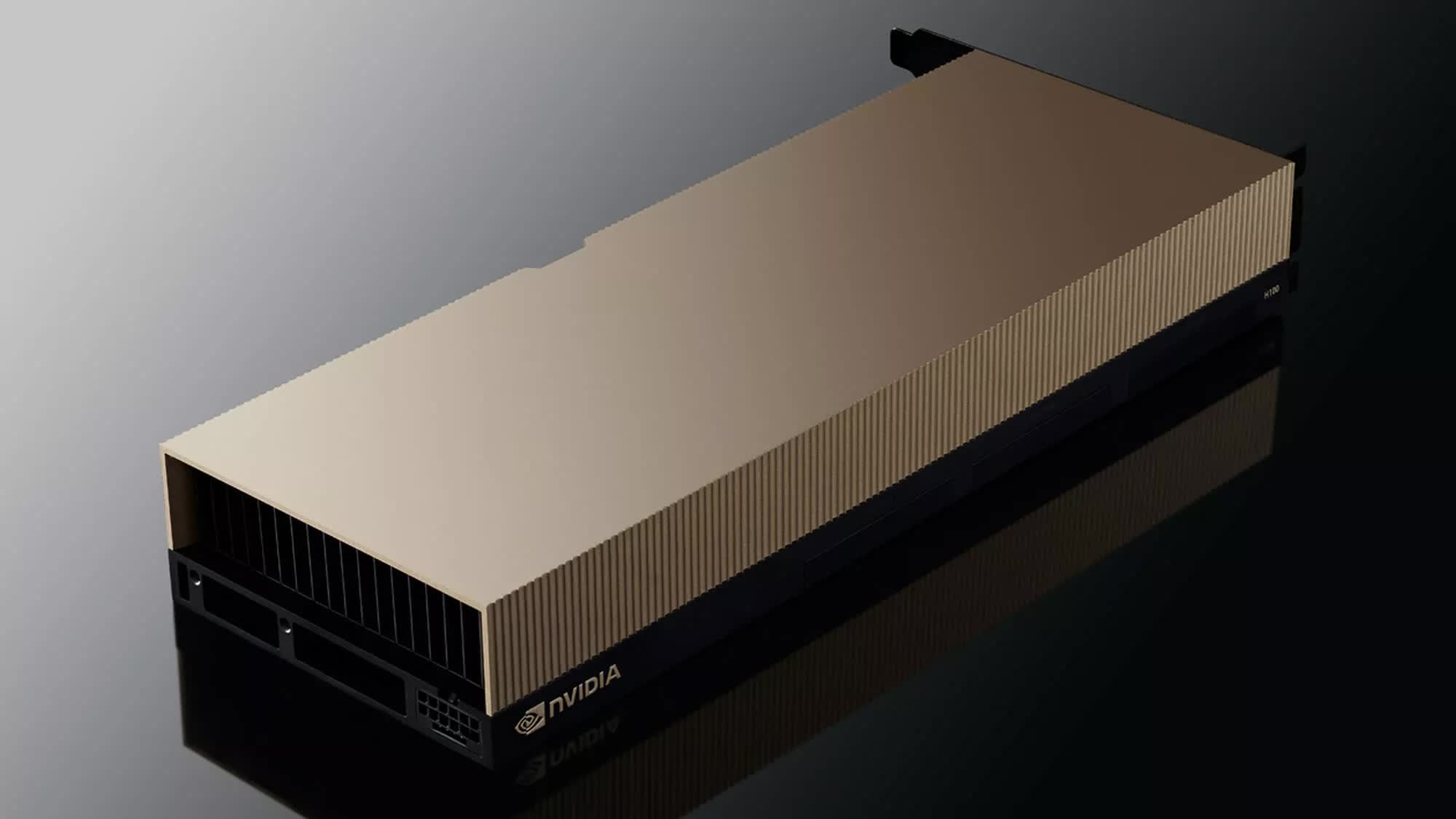In context: Prime numbers are those divisible only by 1 and themselves and include mathematical oddballs like 2, 3, 5, 7, and 11. While they start out simple, primes rapidly become sparse amid the endless integer options as the numbers grow larger. Singling these out is an immense computational challenge.

Luke Durant, an amateur mathematician and former Nvidia employee, has discovered the largest known prime number to date. He used free software and a globally distributed network of computer power to achieve this after nearly a year of intense calculation. Clocking in at 41,024,320 digits, it dwarfs the previous record by a staggering 16 million digits.
Durant's weapon of choice for this feat was the Great Internet Mersenne Prime Search (GIMPS) program, which uses a specialized algorithm to systematically check each potential prime candidate. The calculations were performed by a "cloud supercomputer," which used processing power from thousands of GPUs across 24 data centers in 17 different countries.
The process identified the prime number candidate 2^136,279,841 – 1 on October 11 via an Nvidia A100 GPU in Dublin. Final confirmation came the next day when an Nvidia H100 in San Antonio ran a definitive Lucas-Lehmer primality test.

This 41-million-digit number is the 52nd known "Mersenne prime," which is a special series devised by 17th century French monk and polymath Marin Mersenne. Such numbers have been central to number theory since they were first discussed by Euclid in around 350 BC.
There was some debate over whether the official discovery date should be when the probable prime was initially identified or when the Lucas-Lehmer test confirmed primality. However, GIMPS says it is ultimately siding with the latter.
The GIMPS team also noted that while there are currently few practical uses for these gigantic Mersenne primes, prompting some to question why bother searching for them at all, similar doubts had persisted a few decades prior until new cryptography algorithms relying on primes were developed.
Durant took home a $3,000 cash prize for his record. But even larger bounties of $150,000 and $250,000 await any hunters capable of bagging the first 100 million or 1 billion digit primes, respectively.
Image credit: Pixabay
Former Nvidia engineer discovers largest known prime number, spanning 41 million digits